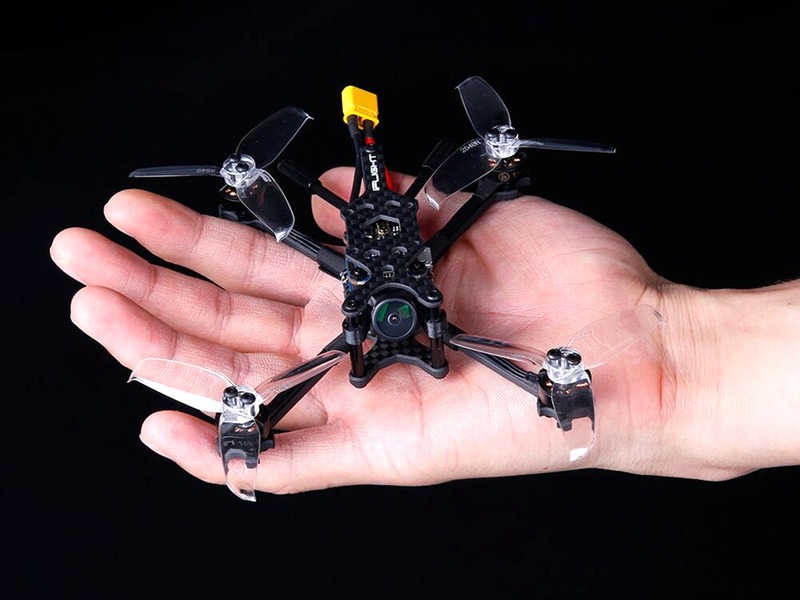Is DJI FPV legal?

The legality of DJI FPV (First Person View) drones is a complex issue that depends on the country or region in which they are being used. In the United States, the Federal Aviation Administration (FAA) has established regulations for the operation of unmanned aircraft systems (UAS), including DJI FPV drones.
In general, the FAA requires that all drones be registered with the agency and that operators have a valid remote pilot certificate. Additionally, the FAA has established rules for the operation of drones, including restrictions on altitude, speed, and the areas in which they can be flown.
In addition to the FAA regulations, many states and localities have their own laws and regulations regarding the use of drones. These laws can vary widely, so it is important to check with local authorities before operating a drone.
In the European Union, the European Aviation Safety Agency (EASA) has established regulations for the operation of drones. These regulations are similar to those in the United States, but they also include additional restrictions on the use of drones in certain areas, such as near airports and other sensitive locations.
In the United Kingdom, the Civil Aviation Authority (CAA) has established regulations for the operation of drones. These regulations are similar to those in the United States and the European Union, but they also include additional restrictions on the use of drones in certain areas, such as near airports and other sensitive locations.
In general, DJI FPV drones are legal to operate in most countries and regions, provided that the operator follows all applicable laws and regulations. However, it is important to check with local authorities before operating a drone, as laws and regulations can vary widely from place to place. Additionally, it is important to ensure that the drone is registered with the appropriate authorities and that the operator has a valid remote pilot certificate.
Comments / Question
2. Do not fly over people, stadiums, or large gatherings of people.
3. Do not fly your drone above 400 feet or into restricted airspace.
4. Never fly in bad weather conditions such as rain, snow, or high winds.
5. Make sure to stay aware of your surroundings and what is around you while flying.
6. Fly in an area with plenty of open space and away from obstacles.
7. Ensure that all batteries are fully charged before flying.
8. Keep your drone in your field of view at all times.
9. Always fly responsibly and never recklessly.
10. Follow all applicable local regulations for drone flight.
2. State and Local Laws: In addition to FAA regulations, many states and local jurisdictions have enacted their own laws and regulations for the operation of UAS. It is important to check with your local authorities to ensure that you are in compliance with all applicable laws and regulations.
3. Privacy Laws: Depending on the jurisdiction, there may be laws and regulations that restrict the use of UAS for surveillance or other activities that could infringe on the privacy of individuals. It is important to be aware of these laws and regulations and to ensure that you are in compliance.
4. Radio Frequency Regulations: DJI FPV operates on radio frequencies that are regulated by the Federal Communications Commission (FCC). It is important to ensure that you are in compliance with all applicable FCC regulations.

